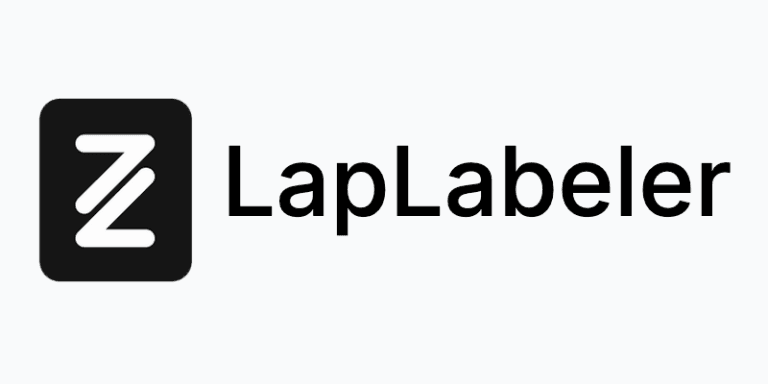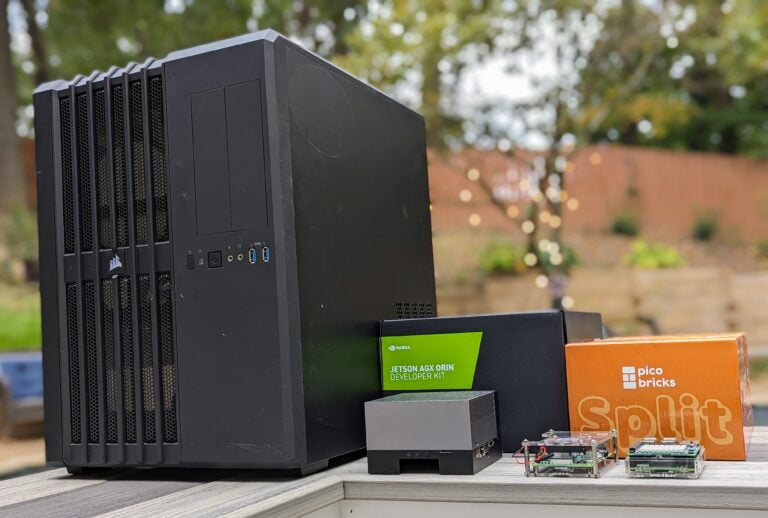Breaking the Mold: Why AI in Motorsports Requires a New Mindset
One of the biggest challenges in bringing AI to motorsports hasn’t been the technology itself—it’s been challenging the deeply ingrained mentality of “how it’s always been done.” Many foundational data analysis texts in our industry are more than a decade old, and most analysis software still defaults to the same channels and visualizations that engineers…








